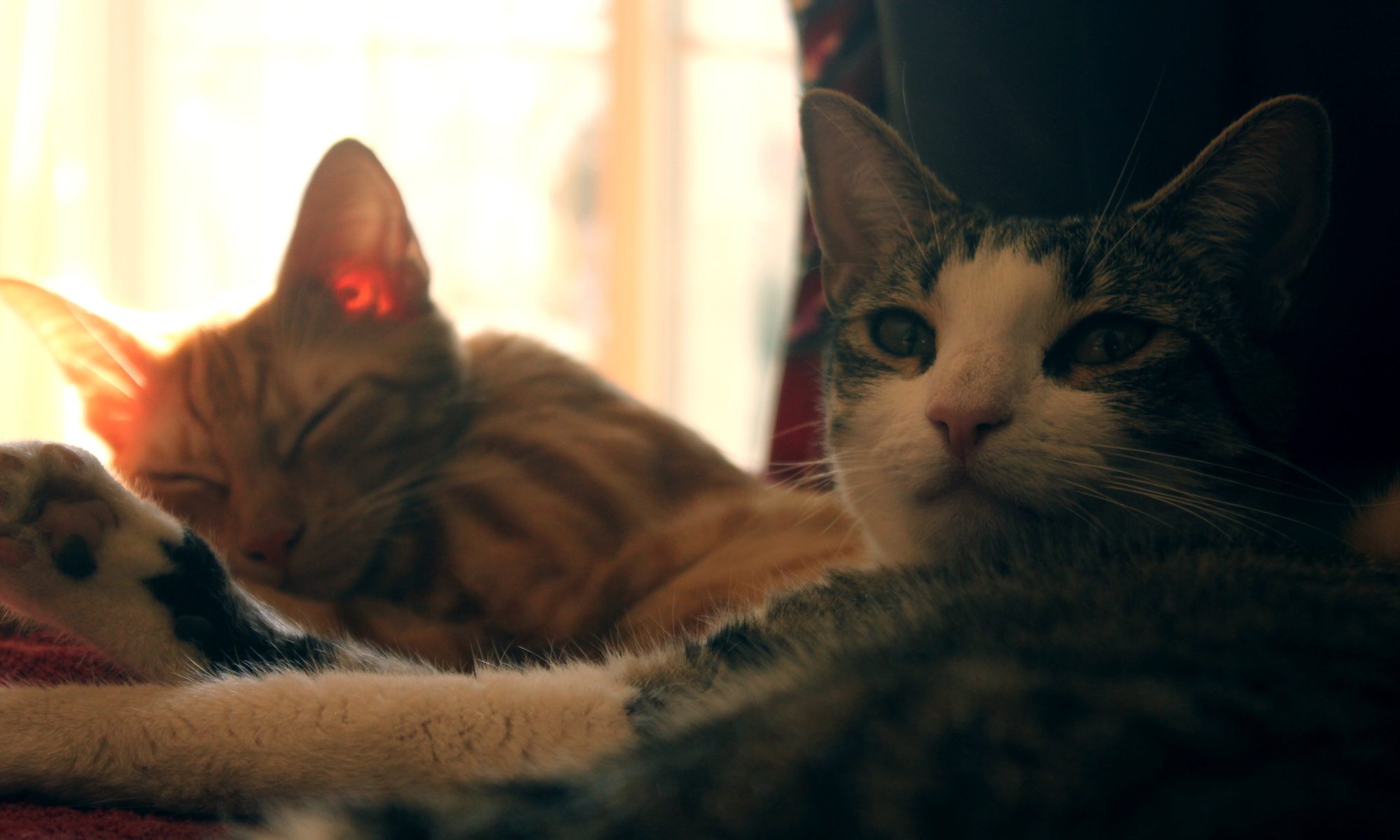Losing a pet is often a profoundly upsetting experience. The bond we share with our animal companions can transcend our friendships with other humans, evolving into a deep connection that becomes an essential part of our day-to-day lives. Yet, when dealing with the decline of their health and eventual loss of their lives, we may feel that the intense feelings we are feeling in those moments aren’t taken seriously or understood by others. This blog post aims to explore and affirm the validity of your feelings when facing these situations yourself.
The relationship between humans and our pets is complex, built upon a foundation of love, companionship, and unconditional support. Over time, this relationship can evolve into you viewing them as a genuine member of your family. As a result, when we lose this loved one, whether they are a playful pup, a colorful cat, or a feathered friend, a tangible sense of loss can be felt in our hearts.
Some may question this intensity of grief associated with losing a pet, arguing that it cannot compare to the loss of a human friend or family member. However, the emotional impact of pet loss can be just as real and significant. The pain we feel stems not only from the physical absence of our pet, but also from the changes in energy we notice in our households. Sometimes, you cannot realize just how much your pet contributed to your home life until they are no longer around.
The feelings that arise when we lose our pets are genuine and the impacts those feelings can have on our lives are equally real. Grieving a pet is a process that can unfold in various stages, much like mourning the loss of a human loved one. The initial shock can give way to denial, followed by anger, bargaining, depression, and finally, acceptance. Each stage is a testament to the significance of the bond and the emotional investment made in the relationship with our pets.

Furthermore, the impact of pet loss is not only emotional but also physical. Studies have shown that the death of a beloved pet can lead to symptoms akin to those experienced in human grief, such as changes in sleep patterns, appetite, and overall well-being. Recognizing and accepting these physical manifestations of grief is essential in understanding the valid and complex nature of pet mourning.
One critical aspect of pet grief is the potential for societal misunderstanding and lack of support. Well-meaning friends or family members may not grasp the depth of our bonds, leading to unintentional dismissals of the pain associated with losing a pet. This societal underestimation can make the grieving process even more challenging for those of us who found immense solace and companionship in our animal friends.
To navigate the grieving process effectively, it is crucial to create a supportive environment that recognizes and validates pet loss. Seeking understanding from friends, family, or pet loss support groups can provide a space to share memories, express emotions, and receive empathy without judgment. Additionally, memorializing our pets through rituals, such as creating scrapbooks or holding ceremonies, can be therapeutic in honoring their memory.
If you feel like you would benefit from processing your grief with a professional, please consider scheduling a free consultation below. Together we can heal the wounds left behind by the loss of our pets.

